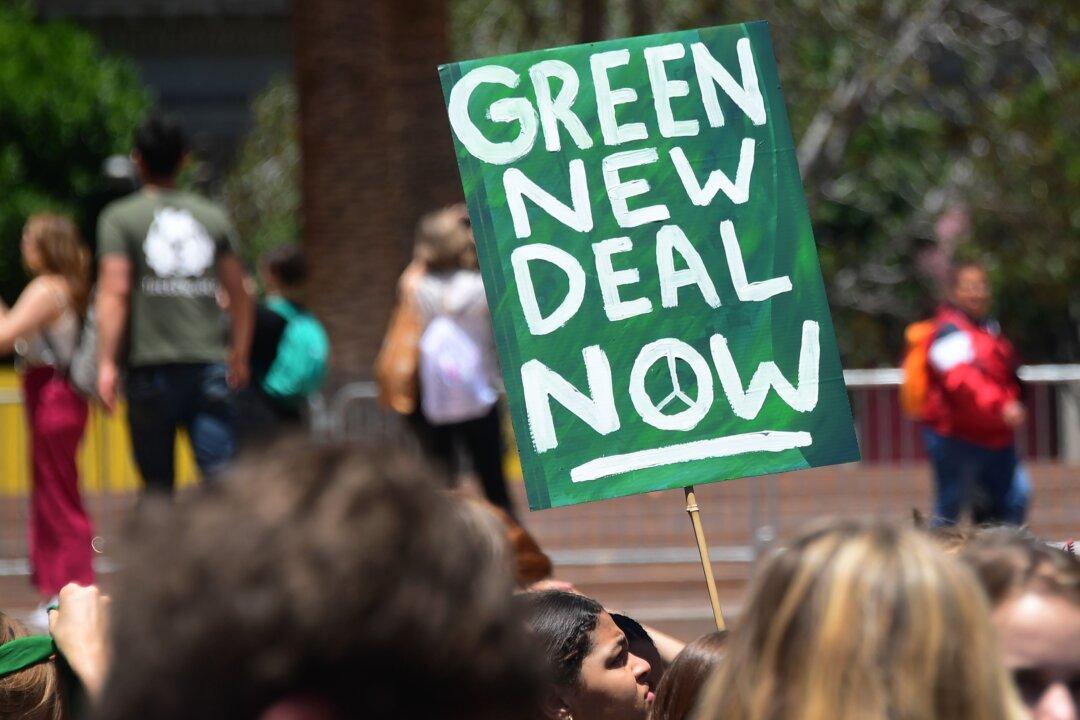Commentary
Proponents of net-zero, a Green New Deal, and a radical restructuring of society in the name of averting a climate catastrophe allegedly being precipitated by human emissions of carbon dioxide (CO2) repeatedly say, “Follow the science.”

Proponents of net-zero, a Green New Deal, and a radical restructuring of society in the name of averting a climate catastrophe allegedly being precipitated by human emissions of carbon dioxide (CO2) repeatedly say, “Follow the science.”